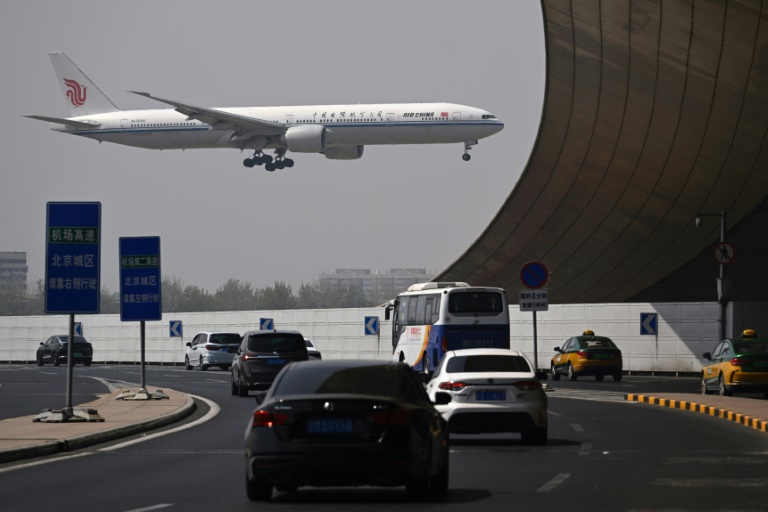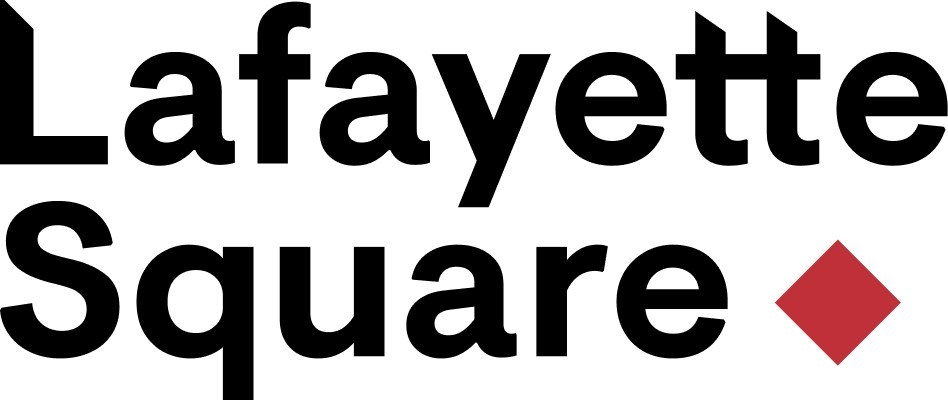The National Capital Region Transport Corporation (NCRTC) marked a significant milestone in the development of the Delhi-Ghaziabad-Meerut Namo Bharat corridor by initiating trial runs between New Ashok Nagar and Sarai Kale Khan stations on Saturday night. According to an official statement from NCRTC, a Namo Bharat train was moved from New Ashok Nagar to Sarai Kale Khan at minimal speed along the downline to test the compatibility of the signalling system.The trial run, which was manually operated, aimed to ensure the seamless integration of subsystems such as the tracks, platform screen doors (PSDs), and the overhead power supply system.
During the trial, the Namo Bharat train crossed the Yamuna River for the first time, traveling over the Barapullah flyover and Ring Road before finally entering Sarai Kale Khan station. This trial was a major achievement, showcasing the successful completion of the 1.3-kilometre-long bridge over the Yamuna River.

The bridge, supported by 32 pillars, spanned around 626 meters directly over the river, with the remaining portion stretching over the floodplain.Complex construction & upcoming plansThe construction of the bridge over the Yamuna River posed significant challenges, but NCRTC overcame them successfully. The bridge runs parallel to the DND Yamuna Bridge and connects the 4.
5-kilometre stretch between New Ashok Nagar and Sarai Kale Khan stations. Reaching Sarai Kale Khan required the construction of a viaduct over the congested Barapullah flyover and Ring Road, another major challenge that NCRTC completed efficiently.As the trials progressed, NCRTC continued evaluating the train’s integration, focusing on high-speed tests to assess how the system would perform under full capacity.
Once operational, the stretch between New Ashok Nagar and Sarai Kale Khan was expected to offer a comfortable and fully air-conditioned Namo Bharat train service, enhancing connectivity between Sarai Kale Khan and Meerut.Sarai Kale Khan StationSarai Kale Khan station, set to be the starting point of the entire corridor, moved steadily toward operational readiness. The work on the station’s façade, including the roof structure, progressed swiftly, and 12 escalators along with four lifts were installed to facilitate commuter movement between the concourse and platform levels.
As one of the busiest transit hubs along the corridor, the station was designed to provide excellent multi-modal connectivity.Sarai Kale Khan station was integrated with the Delhi Metro’s Pink Line, Hazrat Nizamuddin Railway Station, Veer Haqiqat Rai ISBT, and the Ring Road Bus Stand, making it a major transit point for commuters. NCRTC ensured the seamless integration of these transport systems, making the station a benchmark for accessibility and convenience.
Progress on the Delhi-Ghaziabad-Meerut CorridorBy the time of the trial runs, the 82-kilometre-long Delhi-Ghaziabad-Meerut corridor was on track to become fully operational by the end of the year. The current operational section covered a 55-kilometre stretch between New Ashok Nagar and Meerut South, including 11 stations: New Ashok Nagar, Anand Vihar (underground), Sahibabad, Ghaziabad, Guldhar, Duhai, Duhai Depot, Muradnagar, Modi Nagar South, Modi Nagar North, and Meerut South. Once the extension from Sarai Kale Khan to Meerut was completed, the travel time between Sarai Kale Khan and Modipuram in Meerut was expected to be reduced to under an hour.
The Namo Bharat train service was set to offer commuters a fast, comfortable, and reliable travel option, making it easier for people to travel between Delhi, Ghaziabad, and Meerut..
Business

NCRTC launches Namo Bharat trial runs as Delhi-Ghaziabad-Meerut corridor moves toward full operation

NCRTC initiated trial runs on the Delhi-Ghaziabad-Meerut Namo Bharat corridor, between New Ashok Nagar and Sarai Kale Khan, testing signalling system compatibility. The Namo Bharat train crossed the Yamuna River for the first time, marking completion of the bridge. Sarai Kale Khan station, designed for multi-modal connectivity, nears operational readiness, aiming to reduce travel time between Delhi and Meerut.














